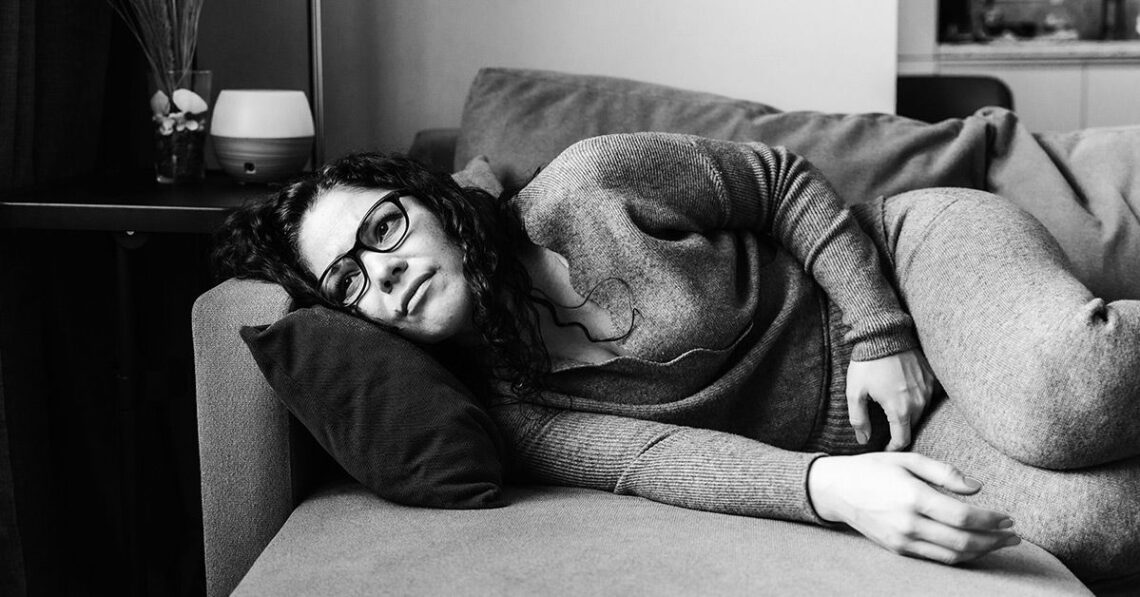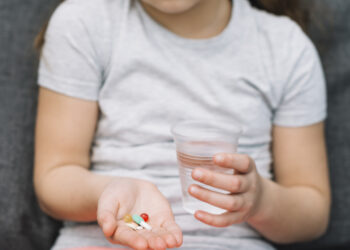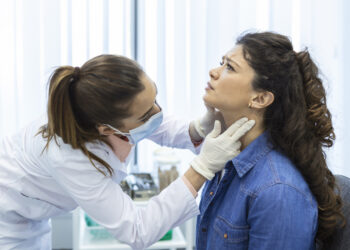- Post-infectious irritable bowel syndrome (IBS) arises after a person experiences a gastric infection, such as a norovirus infection, food poisoning, or even COVID-19.
- Treatments can include antibiotics and probiotics.
- A team based in Italy conducted a pilot trial in which they sequenced the gut microbiome of patients with IBS and used an individualized combination of antibiotics, prebiotics, and probiotics to treat symptoms.
Patients treated with a precision approach to post-infectious irritable bowel syndrome (IBS) reported improved symptoms in a small cohort of 13 participants with IBS in a pilot trial.
The researchers conducting that trial analyzed the gut microbiomes — individuals’ “collections” of gut bacteria — of people with the condition, and treated the overgrowth of certain bacteria with antibiotics, while also addressing the lack of certain bacterial strains with specific probiotics and prebiotics, in order to promote a balanced gut environment.
They found that over a third of those treated in this personalized way experienced complete remission of their symptoms 12 weeks after starting treatment.
Researchers presented their non-peer-reviewed results at the European Society of Clinical Microbiology and Infectious Diseases conference held in Barcelona, Spain from 27-30 April.
Researchers had previously developed testing for stool samples to detect which strains of bacteria were present in the microbiome of participants.
They used this to test the 13 participants and prescribed a specific regime of one of two antibiotics to treat pathogenic bacteria that existed at levels that were too high, as well as probiotics to replace beneficial strains that were at levels that were too low.
Prebiotics including inulin and psyllium were prescribed to over two thirds of participants.
At the…
Read the full article here

